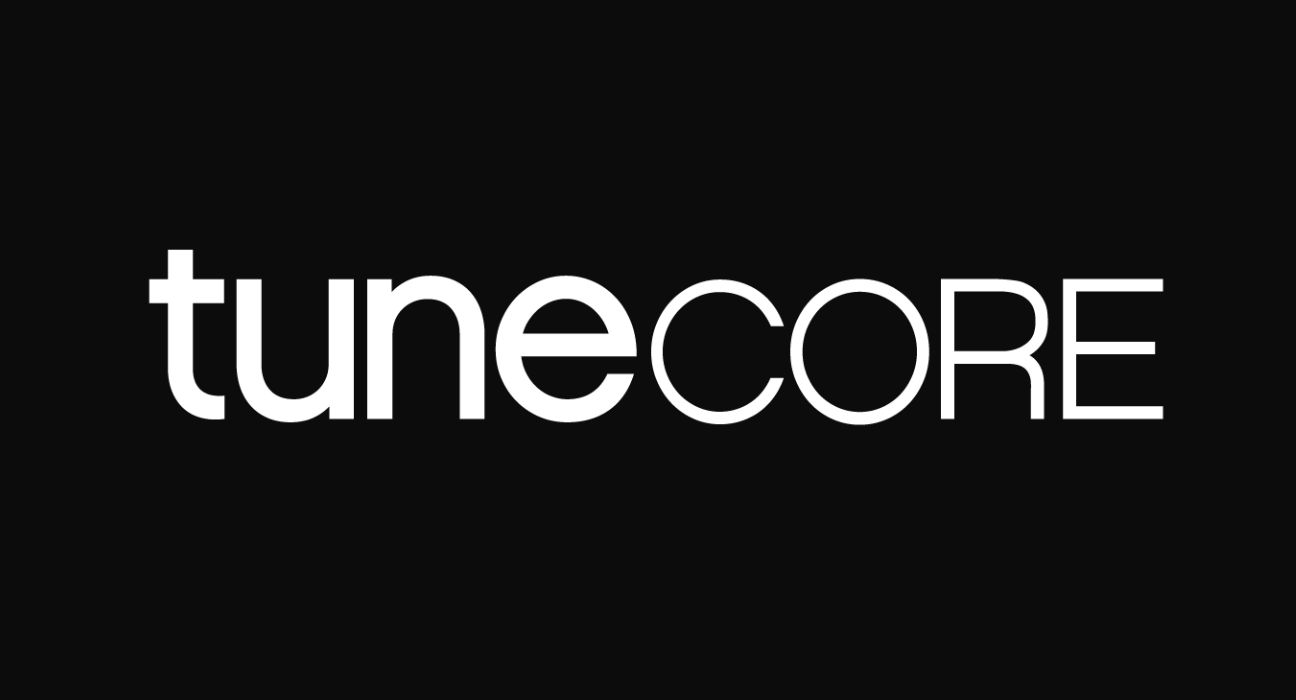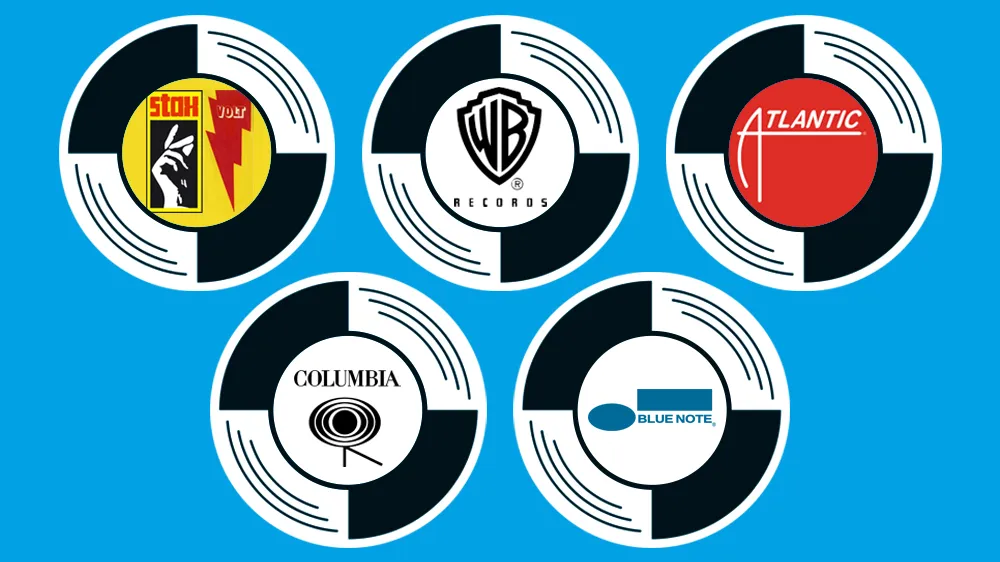
Have you ever wondered whether you should sign with a major record label or go it alone by using a digital music distribution service like TuneCore? As an up-and-coming artist, it’s one of the biggest decisions you’ll make in your career. On the one hand, record labels promise fame and fortune, but they also demand creative control and the lion’s share of your profits. TuneCore, on the other hand, lets you keep 100% of the royalties from your music sales and maintain full control over your work.
TuneCore gives you the freedom to make the music you want without label interference. You can release songs whenever you want, work with any producers or collaborators you choose, and build your fan base in your way. While record labels can provide powerful marketing and promotion, they’ll also saddle you with one-sided contracts, unrealistic deadlines, and the pressure to create commercial hits. With TuneCore, you call the shots. You have the chance to find success on your terms as an independent artist.
The choice ultimately comes down to control versus support. Do you value your freedom and independence above all else? Or would you trade some of that control for the backing of a major label? It’s a tough call, but understanding the pros and cons of each option can help guide you to the path that fits your needs and values as an artist.
The Pros of Using TuneCore: Independence, Control, and Keeping Your Rights
Using TuneCore means total independence and control as an artist. You maintain ownership of your music and keep 100% of the royalties. No more shady record label contracts locking you into unfair deals for years.
With TuneCore, you distribute your music to major streaming platforms like Spotify, Apple Music, and Amazon Music on your terms. You set your release dates, choose your cover art, and retain creative control of your catalog. TuneCore charges a low annual fee for distribution, but the rest is all yours.
TuneCore also provides useful marketing tools and resources for independent artists. Their blog offers tips for promoting your music, and their email list connects you with fans. While record labels may provide bigger marketing budgets, TuneCore gives you the flexibility to craft your promotional strategy.
Of course, independence isn’t for everyone. Some artists prefer the major label model, trading control for the label’s industry connections and marketing power. But for many, TuneCore represents an opportunity to build a sustainable career on their own.
With hard work and patience, independent artists using TuneCore have found huge success. Chance the Rapper and Russ built their careers independently and made millions from streaming and touring. While rare, their examples show what’s possible with independence.
If you want to own your work, set your vision, and reap the full benefits of your success in music, TuneCore delivers creative and financial freedom. Sure, you’ll need to hustle, but the rewards of independence can be well worth it.

The Cons of TuneCore: Lack of Label Support and Upfront Costs
TuneCore may seem appealing with its promises of independence and higher royalties, but going it alone also means missing out on major label support. With a traditional label deal, you get an advance to fund your recordings, marketing, touring, and more. TuneCore requires you to pay upfront for distribution and everything else. Unless you’ve got cash to spare, you’ll struggle to get your music and brand in front of audiences.
Labels also provide connections and leverage that are hard to match. They have long-standing partnerships with streaming services, media companies, and promoters. Negotiating deals and getting placement as an independent artist can be an uphill battle. You have to hustle non-stop to build those relationships and gain credibility.
Sure, TuneCore lets you keep all your royalties and rights. But a record deal offers the potential for much greater earnings through the label’s marketing machine. They know how to land major tours, sponsorships, and licensing opportunities – things that generate far more money than streaming.
While independence is appealing in theory, the support system of a label is hard to replicate. TuneCore leaves you largely on your own to navigate the complex music industry for most artists, which makes major success an elusive dream. The choice comes down to control versus opportunity. What’s more important to you – calling all the shots or access to the means for stardom? There’s no easy answer, but understanding the trade-offs will help you make the right decision for your music and career.

Traditional Record Labels: The Pros and Cons of Signing On
Signing with a traditional record label certainly has its benefits. They have the connections and resources to launch an artist into stardom. However, there are significant downsides to consider before signing that dotted line.
Loss of Control
Once you sign a record deal, the label takes over the rights to your music and has a major say in your creative direction. They control everything from what songs you release to your image and touring schedule. For many artists, this loss of control and independence is too great a sacrifice.
Unfair Contracts
Record labels are in the business of making money, and the contracts they offer are typically very one-sided. It’s common for labels to demand a large percentage of sales, licensing, and merchandising revenue while offering little in return. These predatory practices have led to many artists earning very little despite having successful careers.
Shelved Music
There’s always a chance your music may never actually get released. If a label doesn’t believe an album will be commercially successful, they can shelve it indefinitely. All the time, money, and work you put into creating that music ends up being for nothing.
While record labels have their place and have launched the careers of many famous musicians, for most artists the rewards of independence far outweigh the risks of signing an unfair record deal. Going the independent route with companies like TuneCore allows you to maintain control of your work and earn the lion’s share of the revenue from your music. For creative freedom and fair compensation, independence is the way to go.
Conclusion
So there you have it, the pros and cons of TuneCore versus traditional record labels laid bare. At the end of the day, you need to go with what is right for you and your music. If control and freedom are most important, TuneCore could be an amazing choice. You maintain full ownership of your work and reap the rewards. However, if you want the power of a label behind you for marketing and promotion, a traditional label may be better. The most important thing is that you get your music out into the world. Think it over, follow your instinct and choose the path that will allow your creative spirit to soar! The future is unwritten, so take a chance and start writing your story today.



